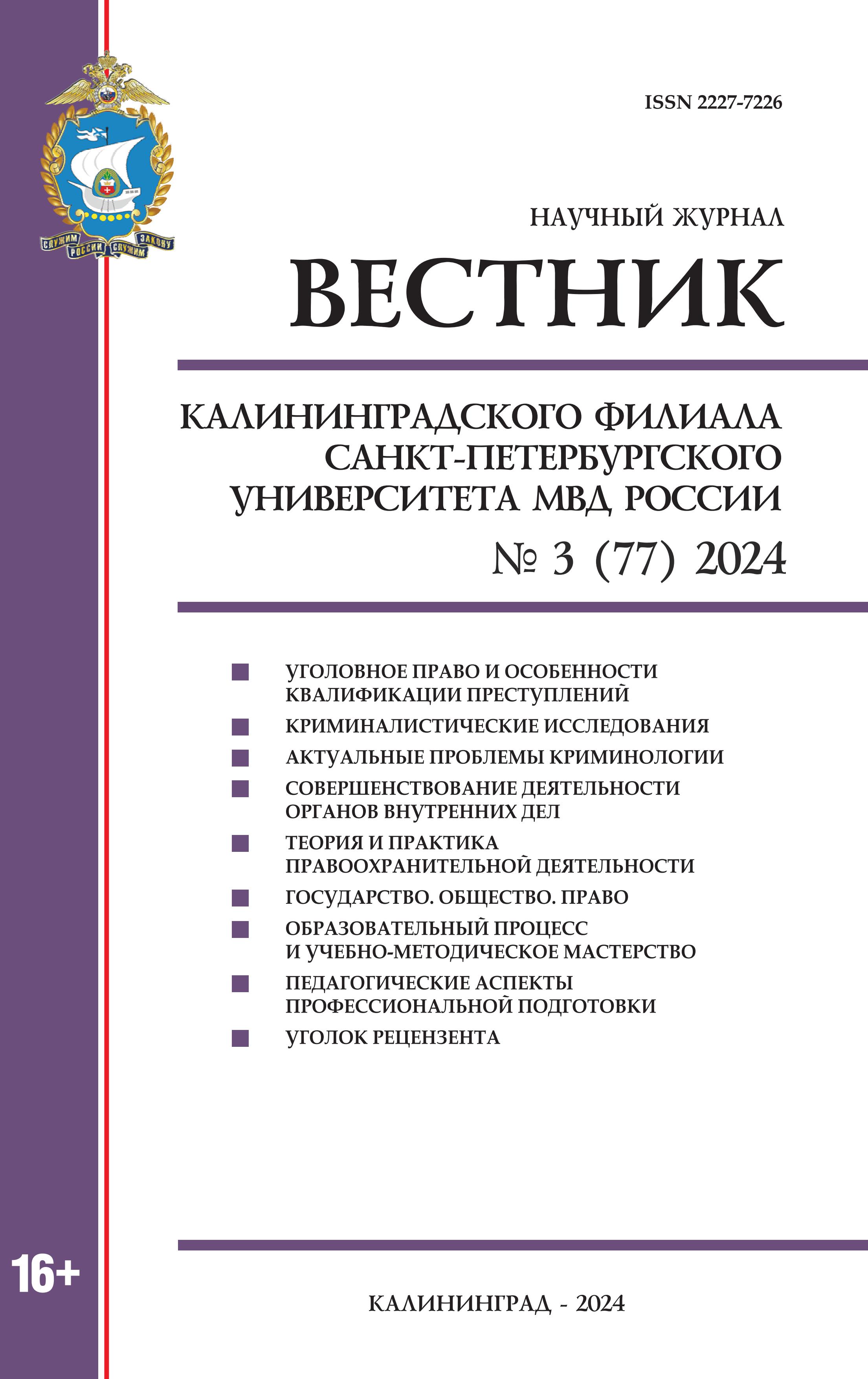from 01.01.2020 to 01.01.2022
Kaliningrad, Kalinigrad, Russian Federation
Introduction. The article considers the features of modern textual criticism and the possibilities of their effective use in classes on Russian as a foreign language in the context of the development of information and multimedia systems. The main goal of the study conducted by the author is to understand the texts of the «new nature» in the theoretical and applied aspect. The article presents the theoretical foundations of the «new literacy» of the 21st century, characterizes the tendencies of text change (rejection of linearity in the construction and perception of the text, compression of the text volume, interactive and visual forms of its representation). The methods of using the texts of the «new nature» in classes on Russian as a foreign language are described, which help to increase the level of effectiveness of learning Russian by foreign students. Methods. The main methods used in the study were general scientific (observation, systematization and generalization, forecasting) and special linguodidactic methods used in teaching Russian as a foreign language. Results. The characteristic features of the texts of the «new nature» are revealed, and the technologies of working with them are described. Based on examples of working with such texts, a conclusion is made about their compliance with the requirements for the linguodidactic process, taking into account the peculiarities of thinking of modern students.
Text of «new nature», educational technology, means and methods of teaching, Russian as a foreign language, visualization, infographics, comics.







